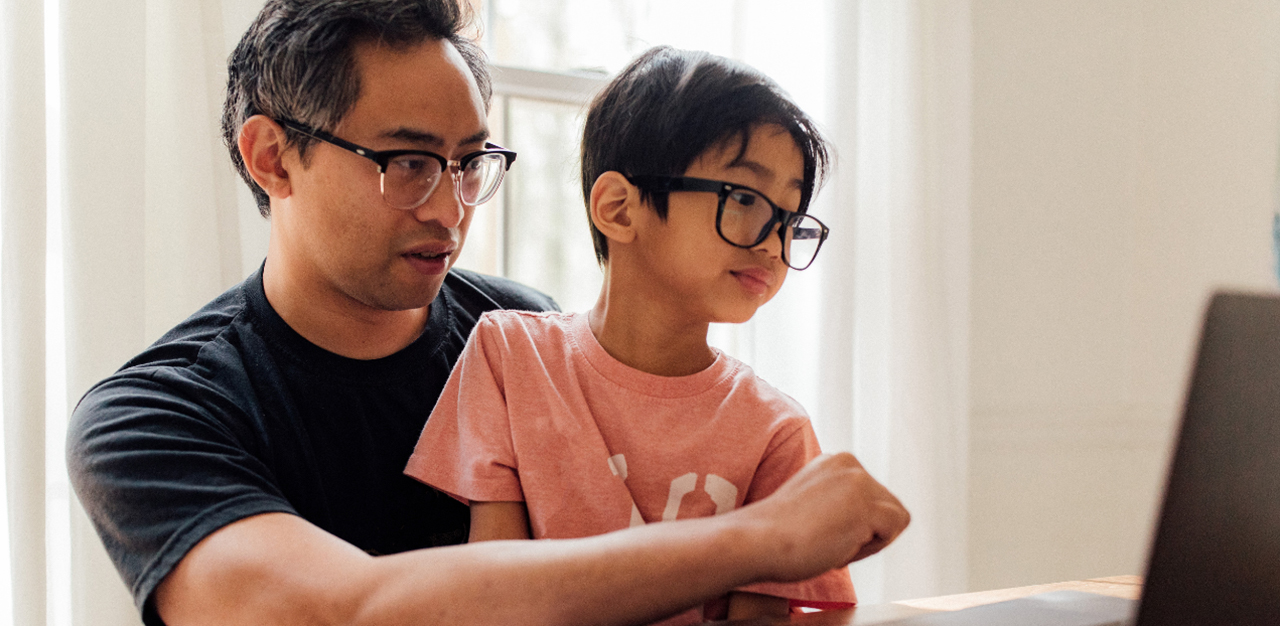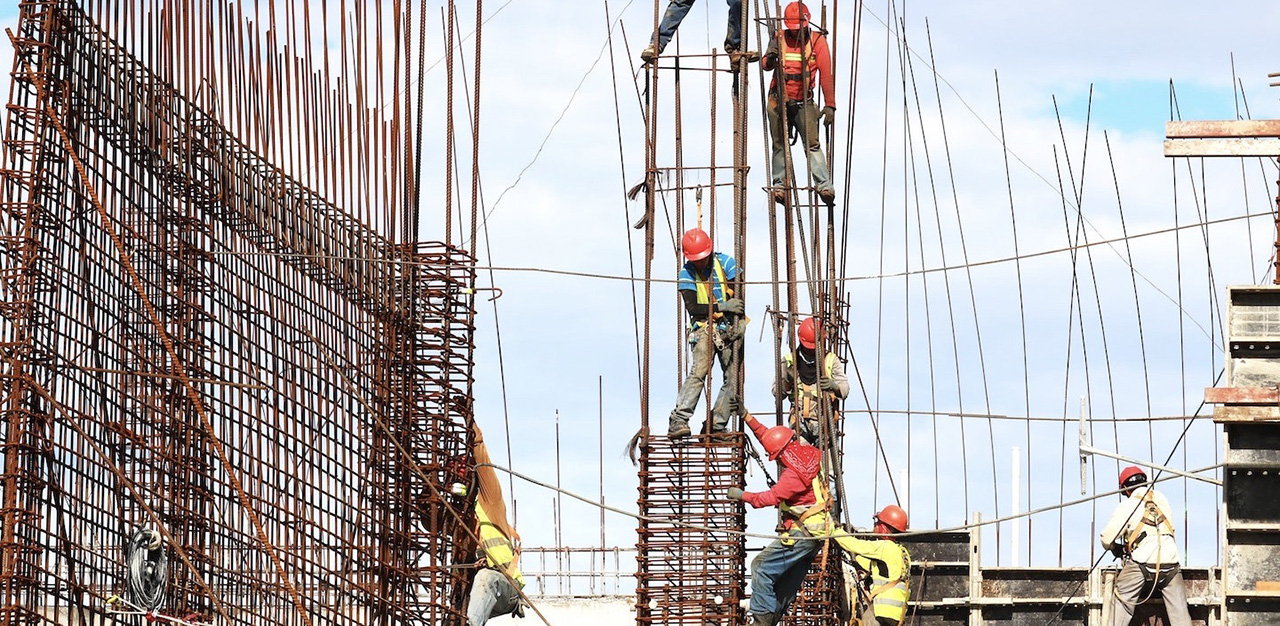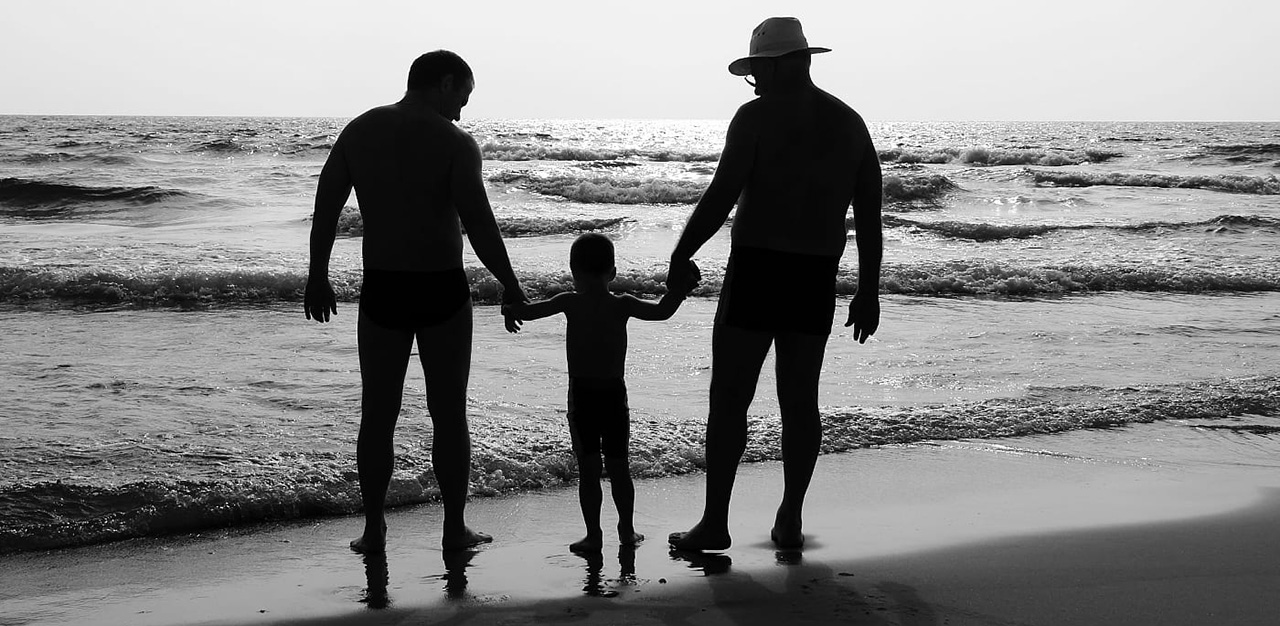The Covid-19 pandemic has disrupted people’s daily routines and behaviours, which might have a significant impact on a person’s well-being. For fathers, these challenges, particularly psychological ones, often go unnoticed and unspoken due to the prevailing stigma that displaying emotions and vulnerabilities are signs of weakness. Well, believe it or not, fathers need and deserve all the support they can get too. And when better to acknowledge this than Father’s Day (20 June), as families celebrate the contributions of fathers and father figures in their lives. Senior clinical psychologist with Cognifyx Infinitum Chad Yip explains the challenges of fatherhood and suggests ways to better cope.
Meritocracy is highly valued in Singapore. Research has suggested that individuals who are more educated are less likely to seek help. According to the study, in a competitive society, these people do not want to be viewed as ‘weak’. Often they are also afraid about the potential repercussions of disclosing one’s mental health status, in school or at work.
This notion of appearing ‘weak’ is especially prevalent when viewed with a gender lens. For instance, a common belief is that men are expected to be emotionally stronger and to put up a brave front. This universal stereotype further perpetuates the attitude that prevents men from disclosing mental health issues, choosing instead to ignore or solve them on their own.
Societal beliefs about gender further implicate a man’s role in the family – as earner and/or caregiver. These influence the way men navigate work and care demands, and how they experience fatherhood.
From the familial perspective, the pandemic has resulted in consequences that impact the well-being of families, such as on parents’ work and childcare.

Children now spend a significant amount of time at home with more home-based learning (HBL) and restricted access to group activities, sporting events and/or playgrounds. At the same time, parents who work from home (WFH) have taken on childcare responsibilities during work hours, especially if they do not have live-in help.
In situations where the father is the breadwinning patriarch of the family, and has traditionally been less involved in childcare and household responsibilities, these additional expectations to be more hands-on at home could increase their stress levels. The uncertainties of economic and financial conditions could also threaten a man’s identity, which worsens psychological symptoms, like anxiety.
Moreover, as men normally spend most of their time in the office and with colleagues, finding themselves isolated at home could cause feelings of loneliness. This is often compounded by the fact that they generally have fewer systems of social and emotional support in their personal lives.
Working from home adding strain on relationships
As the pressure of balancing work with childcare and household responsibilities increases, there is further risk that family relationships will come under increasing strain, resulting in mounting tension between spouses and with children.
For example, research has shown that fathers who adopt an authoritarian parenting style tend to enforce more rules at home, thereby increasing conflict with their children. These tendencies are further exacerbated by environmental stressors, such as the pandemic and WFH arrangements.

Similar to parenting stress, marital discord is also likely to increase as WFH and HBL are additional contextual demands that fathers have to grapple with, which leads to a greater propensity for their personal resources – physical, emotional and cognitive – to be depleted. This often reduces one’s energy and capacity to communicate and engage in intimacy with their spouses or to contribute to household duties.
In turn, this results in further isolation as men often rely on their spouses for primary emotional support and intimacy.
Fathers working overseas
Border restrictions have made it hard for migrant fathers working in Singapore to travel home to see their loved ones. Many have had to wrestle with the strain of being separated from their families since the start of the pandemic. In fact, many of these fathers are likely to experience a high level of emotional distress, which could impact their intimacy and emotional connection with family members.

Ways to cope
Below are a few suggestions to help fathers cope better during this pandemic:
- Build and maintain a support network
Friends can make all the difference to our psychological well-being. In times of stress, people who have good social support are likely to feel less overwhelmed and more likely to feel comforted. Try to reach out and to reconnect with people and you might be surprised at how positively they might respond to you and support you. This is especially relevant for fathers who might have lost touch with old friends, and have less of a social and emotional support system.
- Give yourself permission to work through your emotions
It is important to express your feelings first before trying to address emotionally charged concerns, such as parenting and financial issues. Talking through your emotions in a separate conversation can help you understand where your spouse is coming from and vice versa, which in turn helps you to manage duties more productively. Try to acknowledge and validate each other’s feelings thereby ensuring shared responsibilities are collaborative.

- Separate relationship issues from parenting
It is easy to lose sight of boundaries between relationship issues and parenting, especially when under stress, which makes it more likely for conversations to escalate into arguments. It is therefore important to remind yourself and to keep these two topics separate. Try to agree on another time to talk about each topic separately.
- Agree to disagree
We cannot solve all the issues that you may experience in the family system but we can compromise and agree to disagree so as to minimise hostility. Reflect on all the good and positive things that still prevail in your family because not everything has gone bad. Think about how you can enhance your relationship with your spouses. This is very important as you do not want to create a hostile environment in front of your children, especially the young ones. Remember that the damage once done, cannot be undone.
- Use this opportunity to invest in your children
Many fathers complain that they do not have time for their children because they are so busy at work, which makes them feel guilty. Use this opportunity being stuck at home to invest more time and energy in your children, by fostering togetherness, bonding and nurturing, as this is an investment that money cannot buy. The more positivity you generate in your family, the more you develop resilience and are better able to cope with this pandemic.
For fathers working overseas, invest in video calls with your family as much you can.

- Be realistic; it is okay not to be okay
It is difficult to be a father, husband and employer/e at the same time. Set realistic expectations, practise forgiveness and self-compassion. Remind yourself that these are unprecedented times and you are doing your best during a very difficult time.
- Seek help when you need
Humans have always sought help from those around them. It is a not a sign of weakness but a sign of strength. Seek professional guidance and therapy if you need to. Seeking solace can also be in the form of spiritual self-care; connecting with nature and giving yourself permission to take breaks and to reconnect with things that you enjoy.
Count on your village
We must not, of course, forget women’s immeasurable contributions to the family and to society. Just like men, women play multiple roles of being a wife, mother and employer/e. It takes a village to raise a child but it has to start within the family. Father’s Day is also a reminder that fathers are at their best only when the contributions of mothers’ are unequivocally recognised and celebrated too.
Chad Yip is a registered clinical psychologist, who provides psychotherapy and psychological assessment and treatment for children, adolescents and adults.
Call these helplines if you need emotional or psychological support
National Care Hotline: 1800-202-6868 (8am-12am daily)
Mental well-being
– Fei Yue’s Online Counselling Service
– Institute of Mental Health’s Mental Health Helpline (6389-2222)
– Samaritans of Singapore (1800-221-4444)
– Silver Ribbon Singapore (6385-3714)
Marital and parenting issues
– Community Psychology Hub’s Online Counselling platform
Violence or abuse
– Big Love Child Protection Specialist Centre (6445-0400)
– HEART @ Fei Yue Child Protection Specialist Centre (6819-9170)
– PAVE Integrated Services for Individual and Family Protection (6555-0390)
– Project StART (6476-1482)
– TRANS SAFE Centre (6449-9088)
Counselling
– TOUCHline (Counselling) – 1800 377 2252














